One thing some people encourage parents to get for their toddlers is puzzles. Why is that? What’s so great about puzzles, and how can they stimulate logic and learning? Well, read on to find out about how puzzles for toddlers can stimulate learning, along with reasoning.
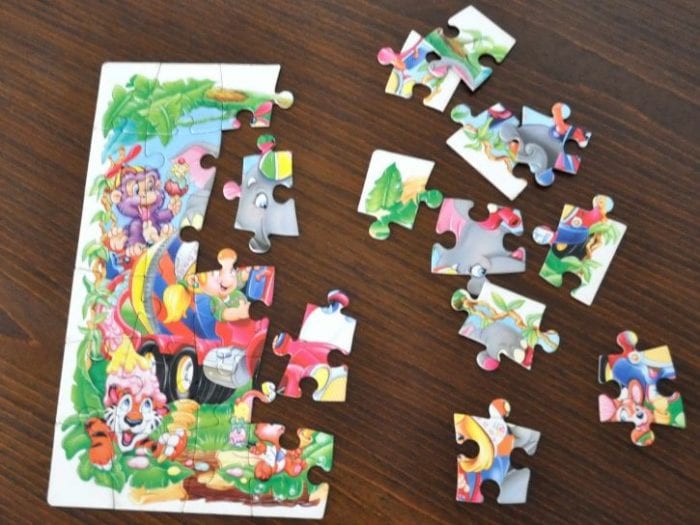
They Build Cognitive Skills
Cognitive skills are excellent for children to build, but for toddlers, it’s even more critical. With puzzles for toddlers, you don’t just have to put a picture together, but they can come with letters, numbers, shapes, vegetables and fruits, transport, pets, or whatever. It is a way for them to understand spatial awareness and develop a better and more in-depth understanding of the topics and themes. Children do learn differently, but puzzles are great for them to start learning specific subjects, especially letters and numbers.
Works With Problem Solving
For toddlers, problems aren’t that huge, but completing a puzzle is one of the most straightforward goals for them to achieve and a simple question. This one allows them to look at the problem, the unfinished puzzle, and work to develop different means to approach this type of goal. The process does involve not just looking at the problem and solving it but also reasoning and creating solutions that they can use and from there. It’s an invaluable skill that can benefit children.
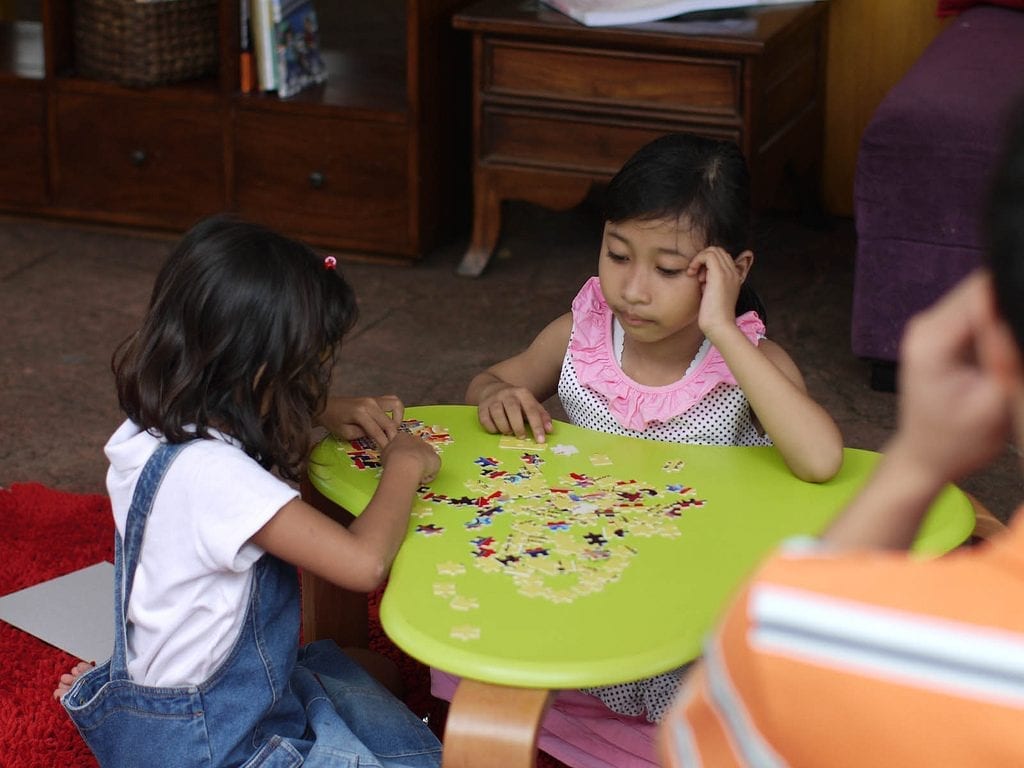
Fine Motor Development
Motor skills are something that children can work and benefit from, and doing this at an early age is good. When you’re playing with puzzles for toddlers, you’re picking up, pinching, and grasping pieces, such as different parts of this, and then putting them in places. For children, while it may not be as complicated as moving a bunch of different pieces to the right location, taking and holding them in their hands, then putting them into the correct places, does require some motor development. That’s why you should consider manipulating them and putting them together in the right place.
Hand-Eye Coordination
These puzzles require a lot of hands, along with eye manipulation, since if a toddler puts something in a place that doesn’t fit, they will need to coordinate their hands and eyes, working on this to put the puzzle in the right place until they do so. Starting this at an early age is beneficial, and there is a reason why parents benefit from having their children work on this as well.
Building Social Skills
if your child is working on these with friends, then this is the best way to build social skills, since they bring educational elements and enhanced learning into cooperative playtime. Kids will work together, putting items into the correct place to solve a puzzle. If you get many kids to do this, they will start to talk to each other, figuring out how to put the puzzles in the correct place, and taking turns to try each one. It can even be an excellent way to offer support, and they work together to get through the frustration of finishing puzzles together to create a happier, better result from this. It’s the right way for parents to build critical teamwork skills, and that’s something that you can use to build forth and create even better results later on. Social skills create a better, roe rewarding result for everyone.
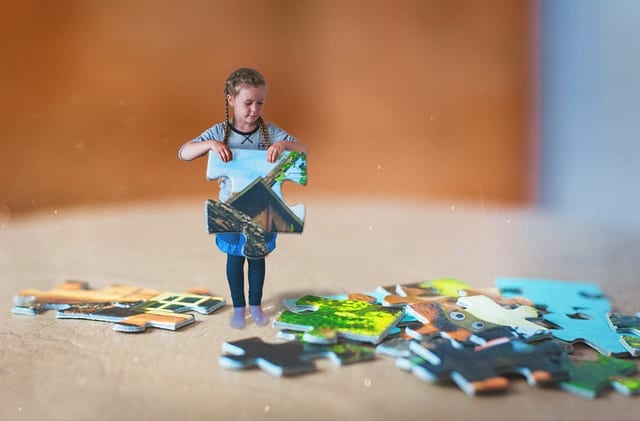
Building Confidence And Self-Esteem
This one is an accomplishment that happens after you finish a puzzle. Accomplishing and achieving a goal brings about a lot of satisfaction to children. By overcoming challenges involved in solving puzzles, you’ll bring forth a sense of pride, along with achievement, bringing forth a boost of both self-esteem and self-confidence, to make themselves feel better.
Think about it. If children can put together puzzles and solve these issues at a young age, they can handle more significant and more complicated problems later on, too, right? One great way to boost confidence period is by putting puzzles together, and people of all ages can benefit from this. Facing challenges and working to benefit them can help create a more mentally-stimulating atmosphere, and that’s why toddler puzzles are essential to growth.
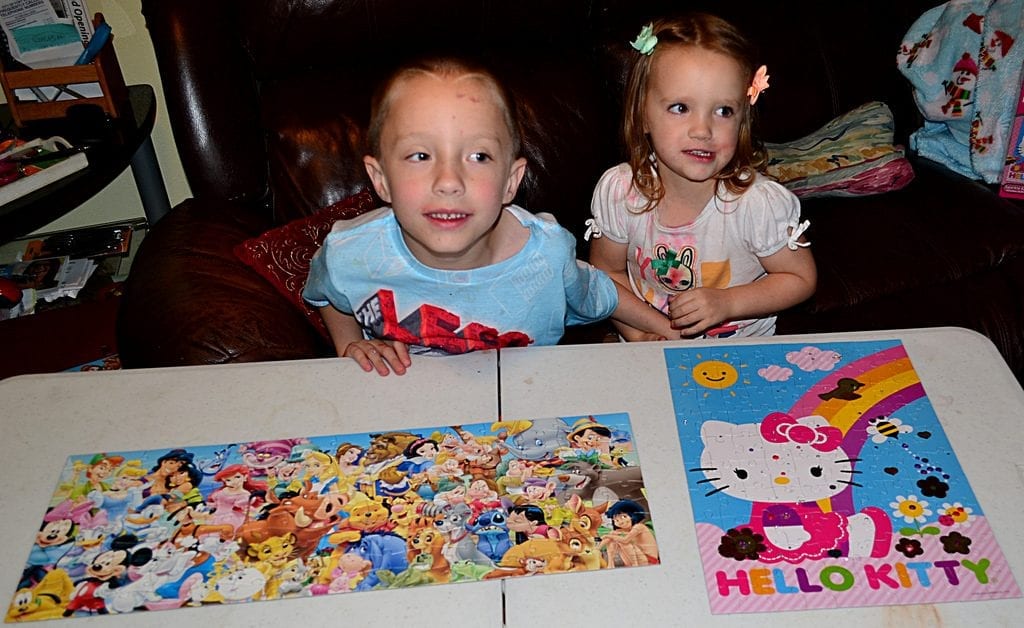
Helps Them Understand Concepts
Lots of times, with puzzles, children can understand basic concepts better, and they can build skills that work well for them. If they are struggling with something, a jigsaw can do a lot of good, and help them better themselves as a result. Plus, it is the right way for them to understand the surrounding world by manipulation, recognizing shapes as they put them in, using memory to help remember where pieces fit, which all tie into problem-solving.
Building Patience
Patience is an important virtue that few people have. Puzzles aren’t like sports, where you can just walk up, swing the bat and knock it out, you need to understand what patience is, practice is, and then work it into every single puzzle before you reach the end. It isn’t something you may naturally get within the first five minutes of everything. Still, instead, if you’re looking to benefit from this, you should make sure that you solve these problems whenever you can.
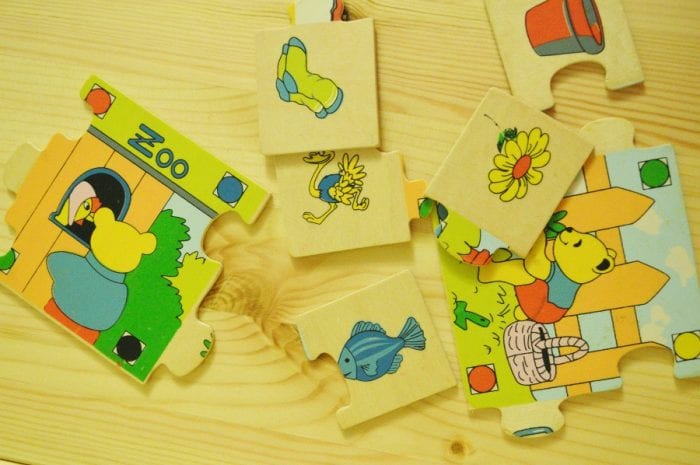
Toddler puzzles are great for building a wide variety of different mental, physical, or emotional concepts that can help make them better than ever before. You’d be amazed at how helpful they can be for a child in early learning and development, and how they can ultimately create a better, more rewarding result from their actions. With that said, the next step that you should do is look out for the best toddler puzzles that you can, and choose one that works for your child. Building these concepts is a vital part of learning and development at this critical stage, and it’s something that children can do while they have fun as well.
Puzzles For Toddlers FAQs
Are Puzzles suitable for toddlers?
Yes, puzzles are suitable for toddlers. They help children to focus and improve their problem-solving skills, among others.
Are Puzzles Good for two-year-olds?
Yes, puzzles are suitable for 2-year-olds. However, give them several big pieces at this age first to avoid overwhelming them.
When should toddlers do puzzles?
Toddlers aged 2-3 years old can start doing puzzles. The puzzle pieces can decrease in size once they get used to the activity.
How do puzzles help a child’s development?
Puzzles help a child to develop by improving their hand-eye coordination. It also boosts their ability to recognize and remember images.
For what age is a 24 piece puzzle suitable?
A 24-piece puzzle is for kids between the ages of 3 and 5 years old. It consists of large pieces.
Can two-year-olds do puzzles?
Yes, two-year-olds can already do puzzles. Make sure to buy age-appropriate puzzles.
How do you teach a toddler to do puzzles?
Pick puzzle themes that interest your child. Then, help them to start finding the edge pieces first.
How many puzzle pieces should a 4-year-old?
A 4-year-old can do 20-piece puzzles. As their skills advance, they may be able to compmlete 60-piece puzzles.
What skills do puzzles develop?
Puzzles develop excellent motors skills as kids learn how to pick up the pieces and fit them together. They also improve a child’s cognitive abilities.
What skills do jigsaw puzzles develop?
Jigsaw puzzles develop your child’s visual-spatial reasoning skills. It entails that they learn what a specific image indicates just by looking at it briefly.
Puzzles For Toddlers Other Resources
https://www.melissaanddoug.com/our-toys/puzzles/toddler-and-preschool/
https://www.parenting.com/toys/toddler/best-puzzles-for-toddlers/
Last Updated on January 19, 2023 by Rejie Salazar
DISCLAIMER (IMPORTANT): This information (including all text, images, audio, or other formats on FamilyHype.com) is not intended to be a substitute for informed professional advice, diagnosis, endorsement or treatment. You should not take any action or avoid taking action without consulting a qualified professional. Always seek the advice of your physician or other qualified health provider with any questions about medical conditions. Do not disregard professional medical advice or delay seeking advice or treatment because of something you have read here a FamilyHype.com.